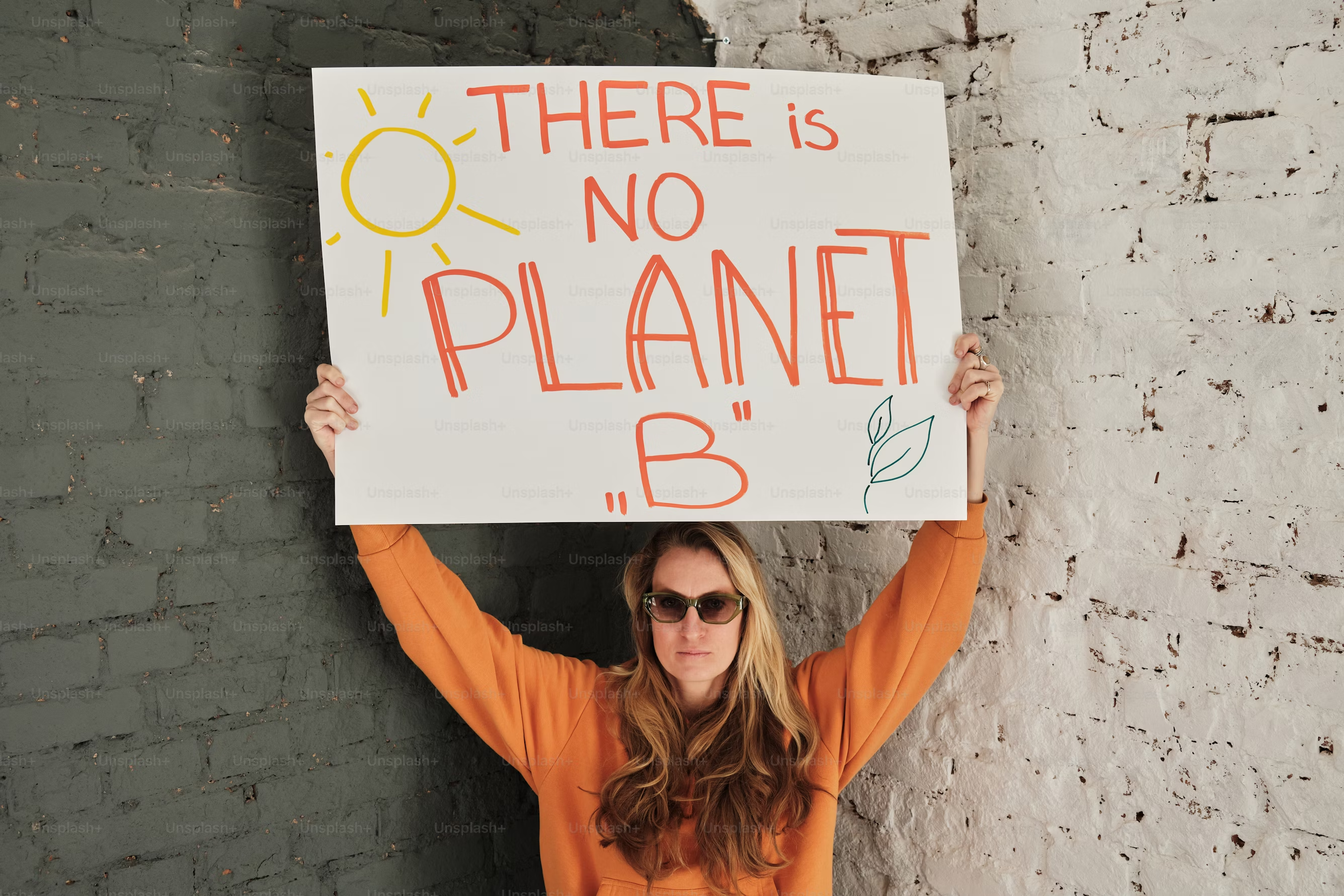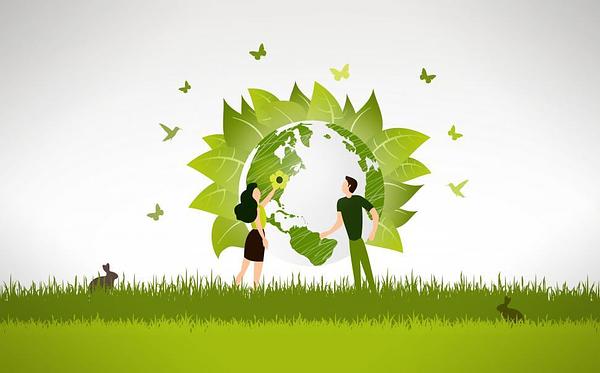Welcome to the final installment of our three-part series on why to go vegan. In Part 1, we discussed the compassionate choice of helping animals, and in Part 2, we explored the powerful health benefits of a vegan diet. Today, we turn our focus to the planet and how choosing veganism is one of the most impactful ways to support environmental sustainability.
The Environmental Cost of Animal Agriculture
Animal agriculture is a leading driver of climate change, deforestation, and water pollution. Here’s how it impacts the planet:
- Greenhouse Gas Emissions: Livestock farming contributes significantly to emissions of methane, nitrous oxide, and carbon dioxide. In fact, it produces more greenhouse gases than all transportation combined.
- Deforestation: Vast areas of forests, including the Amazon rainforest, are cleared to create pastures or grow feed crops like soy. This destroys habitats, threatens biodiversity, and reduces the planet’s ability to absorb CO2.
- Water Usage: Producing animal products requires immense water resources. For example, it takes 1,800 gallons of water to produce a single pound of beef, compared to just 39 gallons for a pound of vegetables.
Choosing Plants to Reduce Your Carbon Footprint
Adopting a plant-based diet is one of the most effective ways to lower your environmental impact. Studies show that plant-based eaters have significantly smaller carbon footprints compared to those consuming meat and dairy. Eating plants directly is more efficient, as it eliminates the wasteful process of feeding crops to animals for food production.
Preserving Precious Resources
Veganism also conserves resources like land and water:
- Land Use: Growing plants for food requires far less land than raising animals. By switching to a plant-based diet, you’re helping free up land for reforestation or wildlife habitats.
- Water Conservation: With water scarcity affecting regions worldwide, a vegan diet is a simple way to reduce your personal water use.
Protecting Wildlife and Ecosystems
Animal agriculture isn’t just harmful to farmed animals; it’s also a major threat to wildlife. Deforestation, pollution, and habitat destruction caused by livestock farming endanger countless species. By reducing the demand for animal products, we can help preserve ecosystems and protect the planet’s incredible biodiversity.
A Sustainable Future
The global population is expected to reach nearly 10 billion by 2050. Feeding this many people sustainably requires a shift toward plant-based diets. Veganism is not just a personal choice—it’s a necessary step to ensure a livable planet for future generations.
Stay Inspired
This concludes our series on why to go vegan. From helping animals to enhancing health and protecting the environment, veganism offers a powerful way to align your actions with your values.
For more tips, resources, and guides to help you embrace veganism, visit VeganHub. Together, we can create a healthier, more compassionate, and sustainable world.


